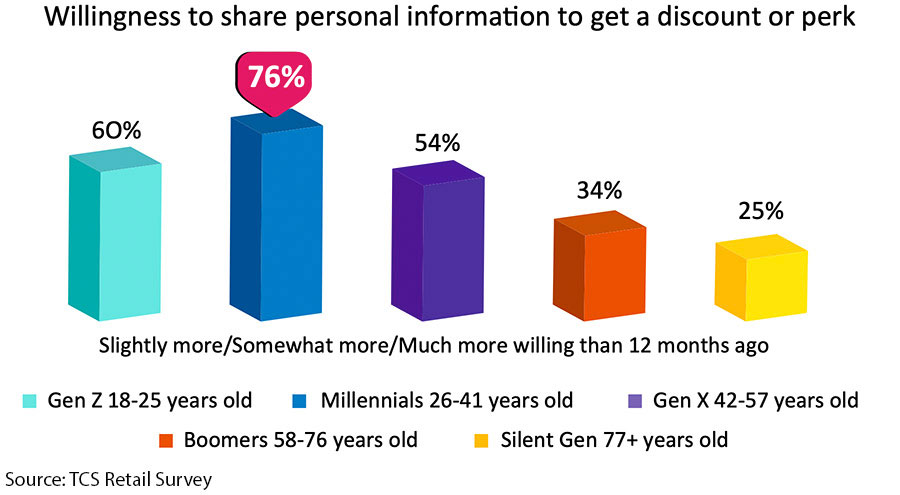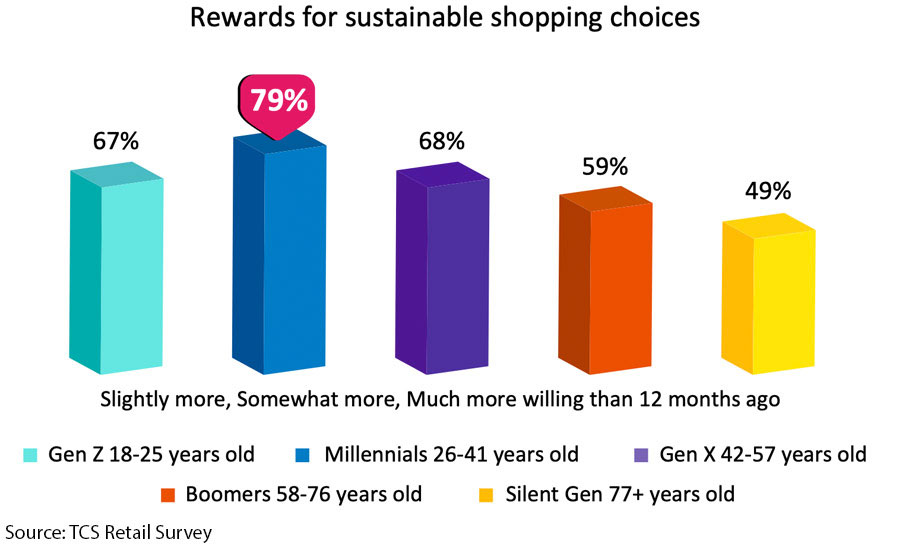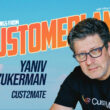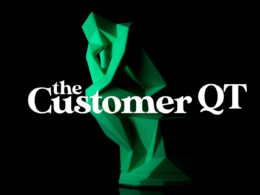As retailers struggle to retain sales volumes amid heightened inflation and a prolonged recession, innovating customer loyalty offerings may offer a key opportunity to retain consumer support. A new study has shown that a majority of consumers across all ages believe that they should be rewarded for sustainable consumption choices, while more than one-third would be willing to share personal information if it could land them a discount.
Across every sector, public and private organisations are leveraging data to strengthen value chains and forge new relationships with customers. Nearly half of UK organisations now apply big data for insights; manifesting in the creation of data ecosystems worth billions of euros. With inflation decreasing consumer spending power, and putting pressure on the revenues of stores in the process, it is an opportunity retailers cannot afford to ignore – especially when it opens doors to not only retain customers, but encourage them to spend in the short-term too.
To that end, a new study from Tata Consultancy Services (TCS) – in partnership with The Thought Leadership Institute – has found that a growing chunk of shoppers would be willing to hand over more of their personal information, in exchange for discounts. In other words, around a third of UK consumers would give more of their data – making it easier to market to them as long term customers – in exchange for it being made easier for them to spend money on a retailer in the immediate future.

Speaking on the findings, Shekar Krishnan, TCS’ Head of Retail for UK, Ireland and Europe, said, “Retailers with expertise in analytics who can utilise personal information and behavioural data will be better positioned to effectively target different age groups and best navigate the complex segmentation and marketing required for a large, geographically dispersed customer base going forward. The same can be said for energy efficiency and smart sustainability solutions.”
Importantly, retailers need to note that this is not a one-size-fits-all opportunity, though. Shoppers over the age of 58 are significantly less likely to be willing to trade their data for rewards, compared to the most willing generation – Millennials – 76% of whom would share personal information to get a discount or perk. Gen Z were also above average on this front, with 60% noting they would make the same trade.
Krishnan added, “As Gen Z and Millennials age and their incomes grow, their spending power and importance to retailers will continue to increase. However, retailers cannot afford to ignore elder generations in future planning. To navigate these emerging trends smartly, retailers must examine how demographic segmentation and greater personalisation of brand offerings can deepen customer loyalty, grow market share and increase revenue.”
However, there is another opportunity which retailers could take advantage of, in which there is significantly more demographic alignment. While a huge majority of 88% of consumers would like to purchase sustainably-made, responsibly-sourced items more often, record levels of inflation outstripping wage increases mean that they are less capable of prioritising such goods.

Even as 62% of consumers have actually paid more for sustainably-made items, then, stores could see the number of individuals purchasing sustainable goods from them rise if they were to offer incentives making such spending easier in the era of budget consumption. A majority of all demographics except the silent generation – a shrinking portion of consumers over the age of 77 – said they believed retailers should offer rewards for making sustainable shopping choices. Again, Millennial respondents were even higher – at 79% – presenting a lucrative opportunity for both short and long term customer loyalty.
“By focusing on Millennial buying power with tailored products, messaging and offers in the in the short- and medium-term, retailers can earn added loyalty and maximise a critical customer segment for years to come,” Krishnan concluded.
Editor’s note: Good case in point is Grubhub’s recent announcement of a partnership with Topanga.io to bring reusable packaging to the college food space.
This article originally appeared in ConsultancyUK. Photo by Noah Buscher on Unsplash.













